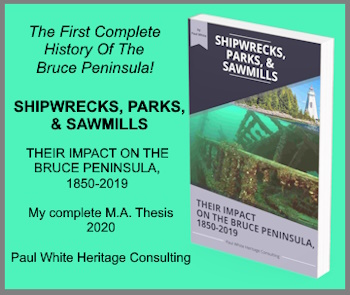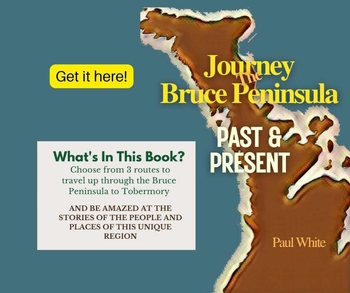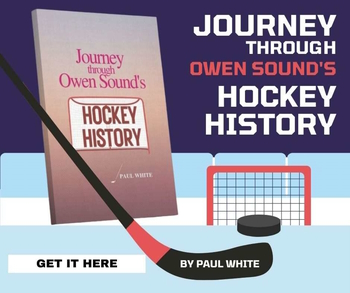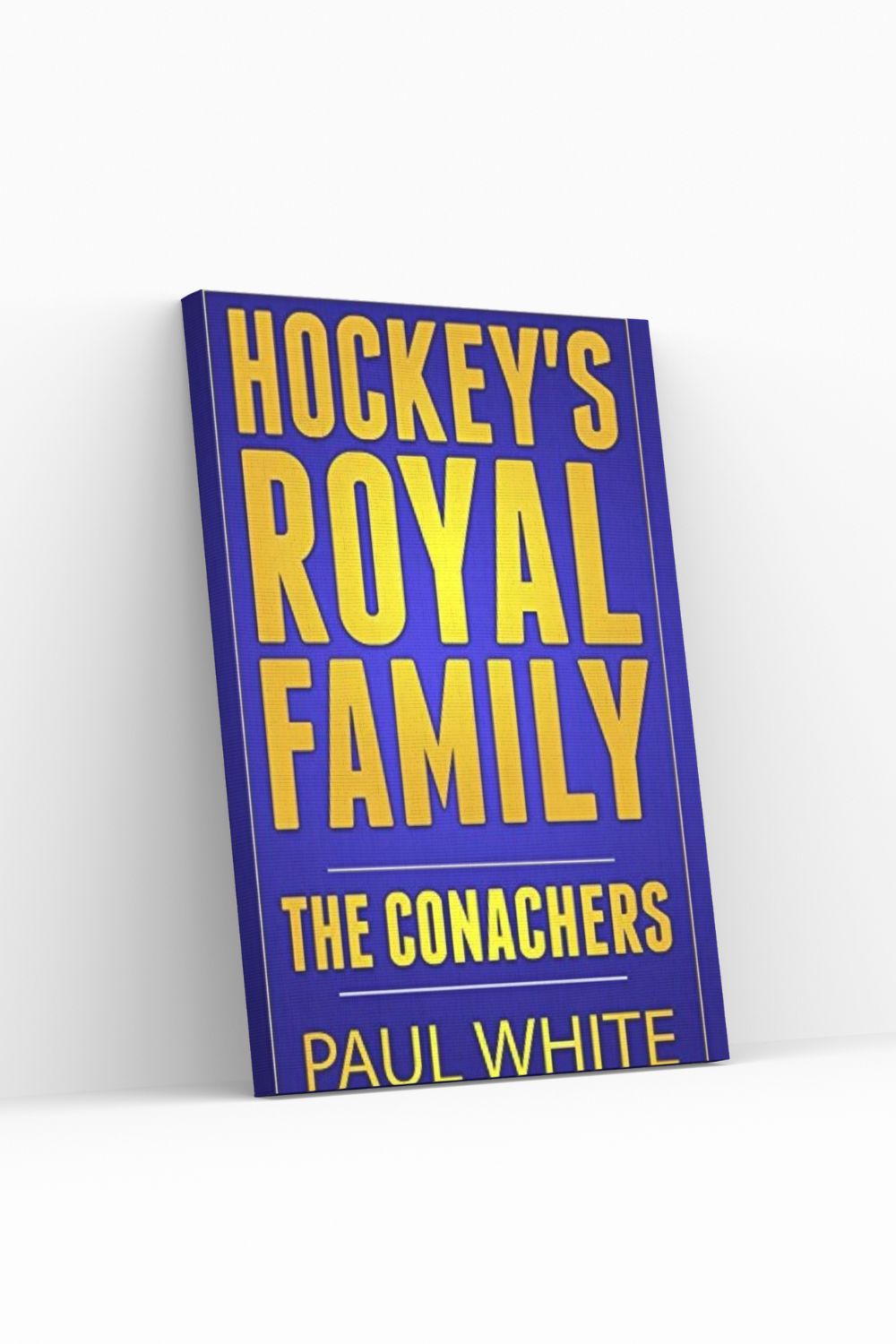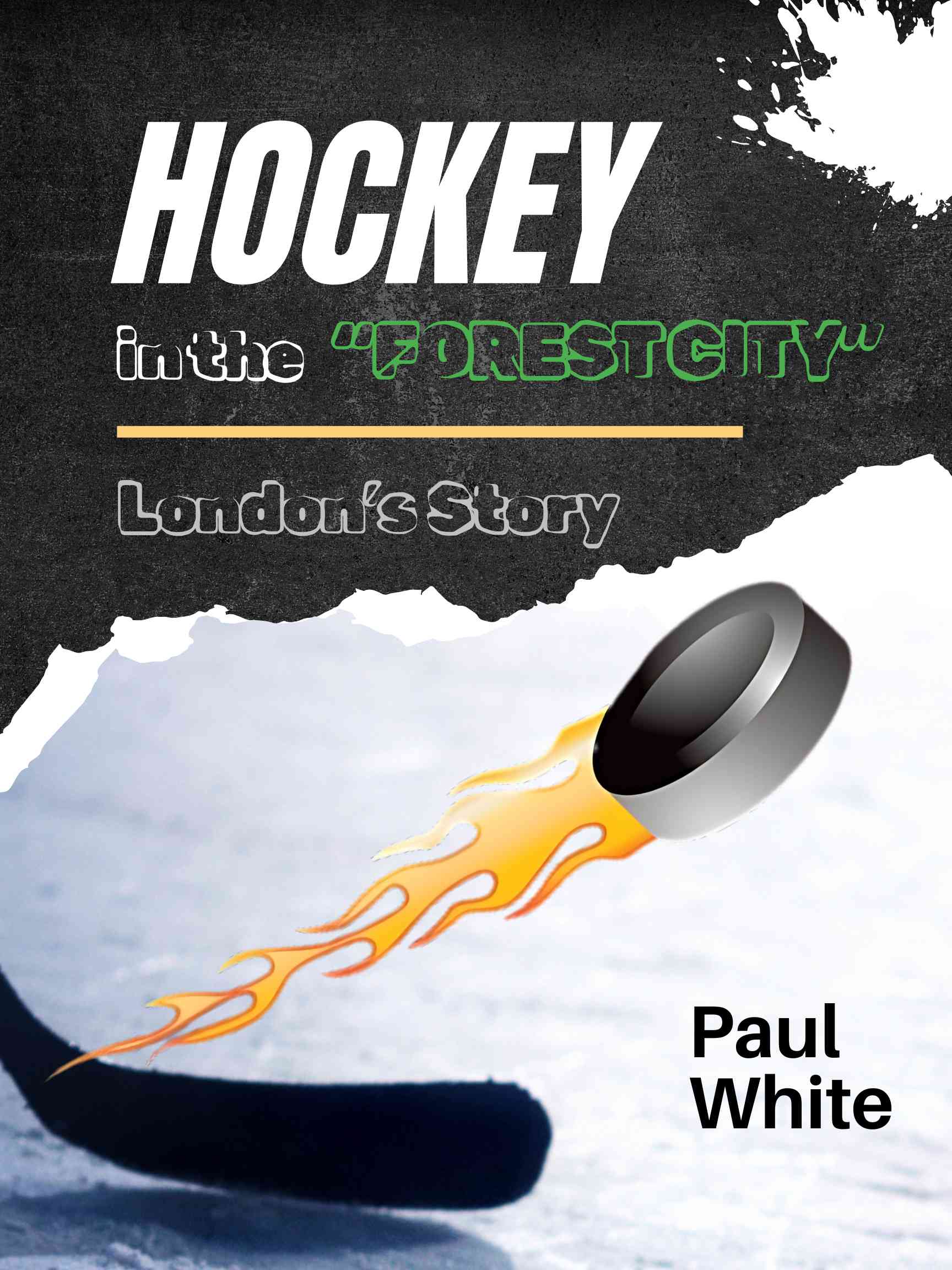Eddie Mathews and the National Pastime -
A Review
Eddie Mathews and the National Pastime tells the story of not only one of the greatest third basemen in baseball history, but also the story of one of my heroes
Eddie Mathews and the National Pastime - A Review: When I was growing up, my friends and I would play baseball and pretend to be our major league heroes. In the field, my friends would assume the identity of the Yankee, Dodger or Giant who played that particular position. At bat, everyone would call themselves Mantle. Maris or Mays. l, however, never assumed these multiple identities! Whether at bat, pitching, playing first or third, or in the outfield, I was always Eddie Mathews! Eddie, you see, was my all-time favorite.
Throughout the ensuing years, I have always compared every rising major league star to Eddie Mathews. To me, the man who played in the shadows of Hank Aaron, has never received the recognition that he deserved.
Now that I have admitted my prejudice towards one of the greatest third basemen of all time, I am sure that you are wary of what follows. Fear not. While Eddie Mathews and the National Pastime is a wonderful chronicle of Mathews' life, there is an underlying sentiment that is truly disturbing.
In this autobiography, Eddie Mathews details his career from the minor leagues through Boston, Milwaukee, and Atlanta (Mathews is the only player to wear the uniforms of all three incarnations of the Braves), to his stint as a manager and into retirement. Perhaps the best way to describe the book's flavor is to let Eddie tell it himself:
"l was born during Prohibition, and I've spent most of my life trying to get caught up."
"I was also born during the Great Depression, but my life has been anything but depressing. It's had its ups and downs, but mostly ups. I got the chance to do something I loved—play baseball—and get paid for it besides. I never made the kind of money these prima donnas are getting today—notice I said getting, not earning—but I sure can't complain. Baseball gave me all I'll ever need and a lot more. But honestly, I wouldn't trade my career for anybody's. When we played baseball, we enjoyed it. We ate, drank, and slept baseball. We cared about the game, and we cared about the guys on our team. Except for during the winter when we tried to negotiate a new contract, we never thought about money. We just wanted to play baseball."
Eddie Mathews and the National Pastime is a chronological narrative of the Hall of Fame third baseman's career. It would be easy to re-visit isolated incidents like Milwaukee's first World Series victory, Mathews' first major league game, his first hit, his first home run, or even the fact that he was the Braves manager when his former teammate Henry Aaron broke Babe Ruth's home run record. These facts, however, are readily available to baseball fans and not important to the essence of Mathews' story.
Mathews contends that baseball, though it was still a business, was a way of life. In fact, it was a lifestyle. One gets the sense that baseball players of his era lived and played for the joy of the game, enjoying the camaraderie they shared with their teammates. The book is full of anecdotes about the antics of Mathews and his drinking buddies Warren Spahn, Lew Burdette and Bob Buhl. Indeed, Mathews recalls a genuine sense of remorse when Burdette and Buhl were traded by the Braves.
Along with co-author Bob Buege, Mathews describes in wonderful detail all the major events in the career of the Braves' superstar third baseman. What is more revealing, however, is the boyish attitude of Mathews and some of his teammates towards their careers and their lifestyles. The, idea of agents, accountants and the other aspects of the business of baseball that exist today were just not a part of the reality of Mathews and his peers.
Nevertheless, there is one reality of Mathews' time in baseball which is particularly disturbing. That is the impact of alcohol on the players of his era. Mathews' unashamedly writes about his dependence on alcohol, comparing it with the drug problems faced by today's major leaguers.
"I don't know how to explain, why I enjoy drinking so much. It's really not the taste. Maybe it's the feeling. Or maybe it's more of a habit. My friends all drink. I think the way it got started—and this isn't an alibi or anything—but when you travel in strange towns, which I've done all my life, you don't know where to go or what to do. That's I think why so many athletes drink, and sportswriters too. Total non-drinkers were unusual. Probably half the ballplayers drank but not heavily. The other half were good drinkers. On the Braves, ballplayers were mostly the best drinkers. And if you go back 40, 50, 60 years, some of those guys were heavy duty— Ruth, Foxx, Hack Wilson, Paul Waner. Those guys were legendary, on and off the field. “
“Drinking did not affect my playing career. When I say drinking, I'm talking about after a game, or during the winter. During the season, we'd get out of the ballgame, get showered and shaved and back to the hotel, and it was usually 11:00 o'clock at night by then. We had an hour or two or three to go out and party or play. That's what we did. I don't know what guys do now after the game. Society has changed. I don't relate to cocaine or marijuana or steroids or pep pills. We didn't have any of that crazy stuff. "
Eddie admits that he was forced to choose between his "love" of alcohol and the game he loved. While coaching with the Oakland Athletics he worked with a young player named Jose Canseco and later, as a roving hitting instructor with the Braves, he tutored David Justice and Ron Gant. However, his addiction to alcohol led to the end of his career in baseball.
"Then at the start of 1989 the Braves thought my drinking was getting a little out of hand. They gave me an ultimatum—they said if I didn't go into a detox center, they wouldn't renew my contract. So, I went into a detox center' for a month down in West Palm Beach. I wanted one more year in baseball, so I went along with their ultimatum and got myself clean. After a whole month in the drunk tank, I came out and had a very dry martini. I worked for the Braves for one more year, but I was still drinking. I was going out to the ballpark and doing what I was supposed to do, but I was still drinking. They didn't renew my contract again, so I hung them up."
Eddie Mathews and the National Pastime provides a clear insight into the carefree lifestyle of major league ballplayers during the 1950s and '60s. However, it also reveals baseball's darker side.
Eddie Mathews unabashedly defends his dependency upon alcohol. He makes no apologies, nor seemingly has any regrets about it leading to the end of his association with professional baseball. In this regard, Eddie Mathews and the National Pastime reveals more about the man than all the baseball statistics in the world.
A version of Eddie Mathews and the National Pastime - A Review originally appeared in my Book Review column in Dugout Magazine.
More Great Information Pages
About Sports Book Reviews
Growing Up Hockey will touch you in many ways, especially if you grew up in Canada or the northern United States. The Foreword by former NHL goalie Kelly Hrudey not only prepares you for what lies ahead in the pages of the book but also demonstrates the similarity of experiences between himself and the author (not to mention most readers).
Cobb a Biography - Book Review - Author Al Stump provides a stunning picture of Ty Cobb aka the "Georgia Peach" which became a movie starring Tommy Lee Jones.
David Halberstam's October 1964 reveals how one team, the St. Louis Cardinals', openness to signing black baseball players benefited them on and off the field.
Eddie Mathews and the National Pastime - A Review tells the story of not only one of the greatest third basemen in baseball history, but also the story of one of my heroes
Sports Book Review: The Mooseheads provides the reader with an interesting perspective as how this team from Canada’s Maritimes became a powerhouse in Canadian Junior Hockey as it details the team’s first decade of play in the Quebec Major Junior Hockey League.
Sidney Crosby: A Hockey Story provides a detailed look at Crosby's amateur hockey career before he was drafted first over-all in the 2005 Draft and the book gives an interesting overview of the history of hockey in Canada's Maritime Provinces.
Sports Book Reviews go beyond stats, etc to give you a sense of the reading value of a book.
